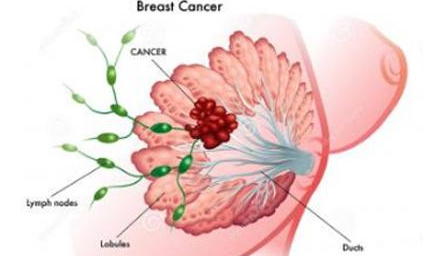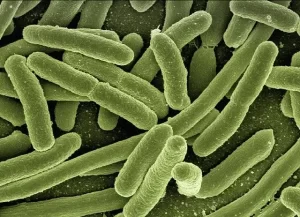Breast cancer IDC type: mucinous breast carcinoma
- Did Cloud Seeding Unleash a Deluge in Dubai?
- Scientists Identify Gut Bacteria and Metabolites that Lower Diabetes Risk
- OpenAI’s Model Matches Doctors in Assessing Eye Conditions
- UK: A Smoke-Free Generation by Banning Sales to Those Born After 2009
- Deadly Mutation: A New Monkeypox Variant Emerges in the DRC
- EPA Announces First-Ever Regulation for “Forever Chemicals” in Drinking Water
Breast cancer IDC type: mucinous breast carcinoma
- Red Yeast Rice Scare Grips Japan: Over 114 Hospitalized and 5 Deaths
- Long COVID Brain Fog: Blood-Brain Barrier Damage and Persistent Inflammation
- FDA has mandated a top-level black box warning for all marketed CAR-T therapies
- Can people with high blood pressure eat peanuts?
- What is the difference between dopamine and dobutamine?
- What is the difference between Atorvastatin and Rosuvastatin?
- How long can the patient live after heart stent surgery?
Breast cancer IDC type: mucinous breast carcinoma.
Breast cancer IDC type: mucinous breast carcinoma. Mucinous carcinoma of the breast is a type of female breast cancer, and most patients are 60 or 70 years old.
Mucinous carcinoma of the breast, sometimes called colloid carcinoma, is a rare type of invasive ductal carcinoma (cancer starts in the milk duct and spreads to nearby healthy tissue).
In this type of cancer, the tumor is composed of abnormal cells that “float” in a pool of mucin, which is a key component of the slimy, slippery substance called mucus.

Usually, mucus lines most of the inner surface of our body, such as our digestive tract, lungs, liver and other vital organs. Many types of cancer cells, including most breast cancer cells, produce some mucus. However, in mucinous carcinoma, mucin becomes part of the tumor and surrounds breast cancer cells. Under the microscope, it appears that cancer cells are scattered throughout the mucus pool.
Studies have shown that only about 2-3% of invasive breast cancers are “pure” mucinous carcinomas, which means this is the only type of cancer present in tumors. About 5% of invasive breast cancer appears to contain mucus, mixed with other types of cancer cells. Mucinous carcinoma is extremely rare in men.
Although mucinous carcinoma can be diagnosed at any age, it often affects women after menopause. Some studies have found that the average age at diagnosis is 60 or 70 years old.
Although mucinous carcinoma is an invasive breast cancer, it is often a less aggressive type that responds well to treatment. Compared with other types of breast cancer, mucinous cancer is less likely to spread to the lymph nodes.
(source:chinanet, reference only)
Disclaimer of medicaltrend.org



